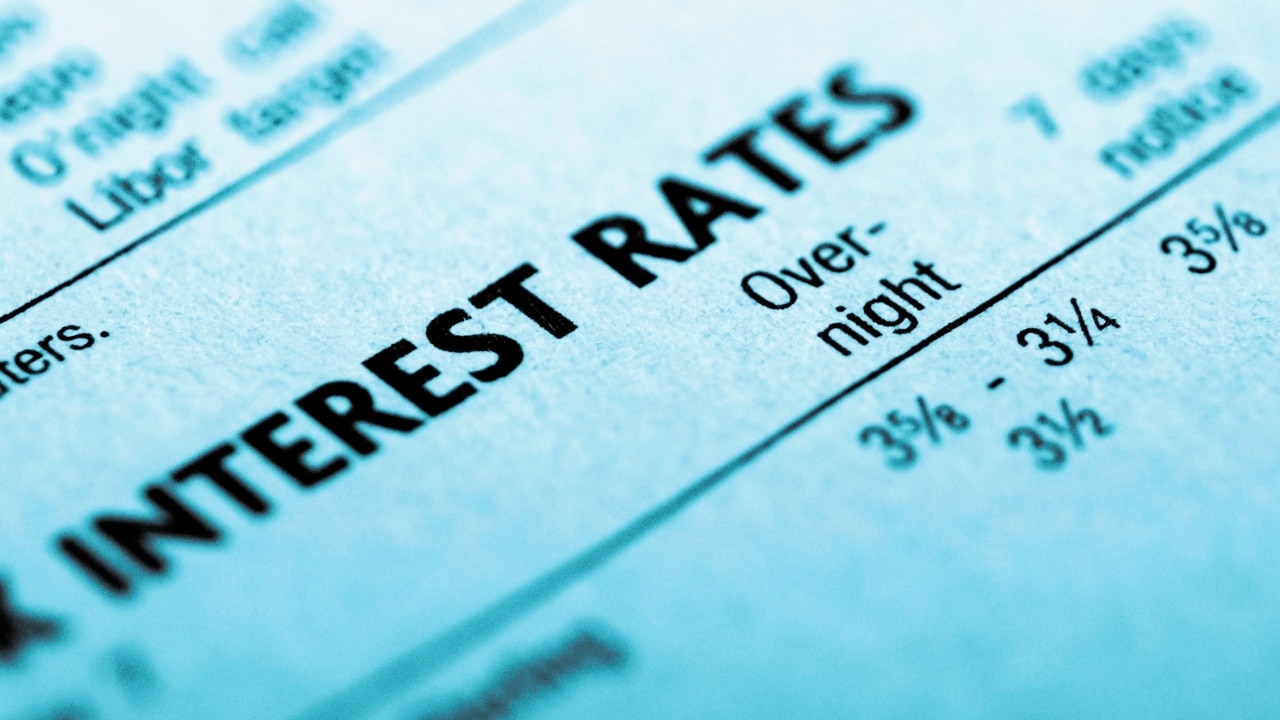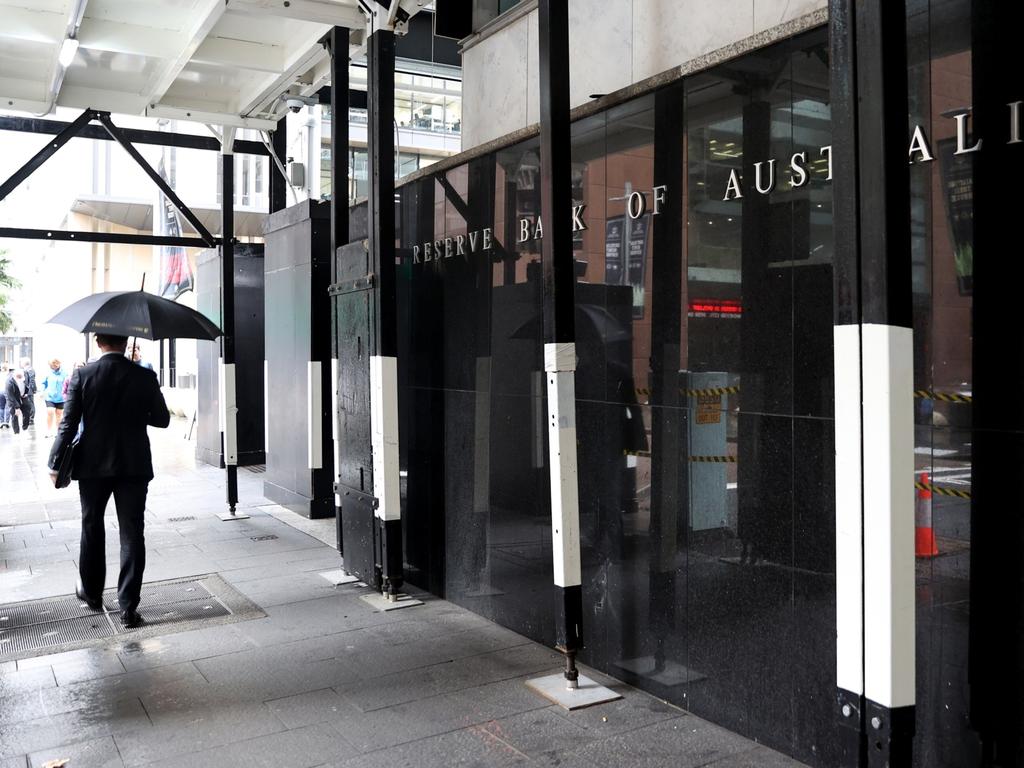Stay defensive as earnings slip, Macquarie says
Australian corporate earnings are coming down but what lessons can be learned from a better-than-expected US reporting season?

Analysts have mostly continued to lower their estimates for Australian corporate earnings in recent weeks but what lessons can be learned from a better-than-expected reporting season in the US?
In Australia, the number of downgrades is still exceeding the number of upgrades by a considerable margin and consensus earnings per share estimates have continued to fall sharply.
Still, the local sharemarket has risen for the past two months amid lessening interest rate worries in Australia and overseas, as well as increasing expectations of a soft economic landing in the US.
After falling 3.1 per cent in May, the S&P/ASX 200 has more than fully recovered, rising 1.6 per cent rise in June and a 2.8 per cent in July, which is normally the strongest month of the year.
The ASX 200 is up 5 per cent so far this year versus almost 20 per cent for the tech-driven S&P 500.
But while earnings estimates have been revised down, the 12-month forward price-to-earnings multiple of the index has risen to about 15.2 times from 14.5 times a month ago.
Based on the profit warnings that have fuelled downgrades to consensus earnings estimates domestically in recent weeks, Macquarie Equities warns that the August reporting season in Australia is likely to see “conservative” guidance for the current financial year.
After peaking at about 10 per cent in late 2022, the consensus estimate for aggregate earnings per share from S&P/ASX 200 companies has 6.6 per cent year-to-date, “material falls” of 3.4 per cent and 2 per cent in the past two months alone, according to Macquarie.

“This is the first time in this downgrade cycle that we have had a material fall in forward earnings for two consecutive months,” said Macquarie’s Australian equity strategist, Matthew Brooks.
“We continue to expect conservative initial guidance from companies in August given macroeconomic uncertainties, similar to the playbook in August 2022.”
While noting signs that a US recession is “delayed again”, he argues that weak Australian corporate earnings trends relative to the US, the lagged effect of past RBA hikes and the risk the RBA hikes too far, and an historically low equity risk premium call for “defensive” positioning.
“Stocks had a strong run in July – which tends to be positive – in response to soft inflation, but the VIX (CBoE S&P 500 volatility index) is already low, near 13 per cent, and August and September are typically more volatile months for equities.”
Still, it has been a good reporting season so far in the US, with 78.7 per cent of reporting companies beating consensus earnings, well above the long-run average of 66 per cent, according to Refinitiv. Of course Australia isn’t the US, but analysts will be looking at any themes that might apply here.
After reports from nearly 200 stocks in the S&P 500, the number of “beats” on quarterly earnings per share has outnumbered “misses” by 37 per cent, better than a 32 per cent net beat last quarter and a 21 per cent net beat in the same quarter last year, according to Macquarie.
Mr Brooks says the key driver of this positive surprise appears to be better than expected margins.
For industrials ex-financials and REITs companies, operating costs appear to be lower than the consensus expected, and while interest costs have been a negative surprise this was not a consistent driver of negative share price reactions in the US market.
“We note this given the concern that Australian stocks will have negative surprises around their interest costs, but it may not be material to share price,” Mr Brooks said.
But sales misses have been punished, as this might signal reduced pricing power.
“This may be a reflection of the market’s concern about pricing power and the ability to pass on prices, as a sales miss could be an indicator of weakening pricing power given the slowing pace of inflation.”
In contrast to recent quarters, most US companies have beaten estimates on cash flows, driven by lower than expected capital expenditure, which may be a negative signal for the US economy.
In terms of sectors, US materials companies have had the best post-result returns on average so far this reporting season, driven mainly by beats in packaging, mining and chemicals.
Technology has been the second best performer, driven by hardware and semiconductors, while software has on average underperformed after reporting. Banks also tended to outperform after reporting, even though they tended to have downgrades. Real estate has been the biggest laggard after reporting, with returns often poor even when they beat estimates, Macquarie says.
This week on the ASX, Macquarie’s most-preferred reporting company is ResMed and its least-preferred is Credit Corp. For week two of reporting season its best ideas are to buy Boral and Computershare, and sell CBA and Charter Hall Long Wale REIT.






To join the conversation, please log in. Don't have an account? Register
Join the conversation, you are commenting as Logout